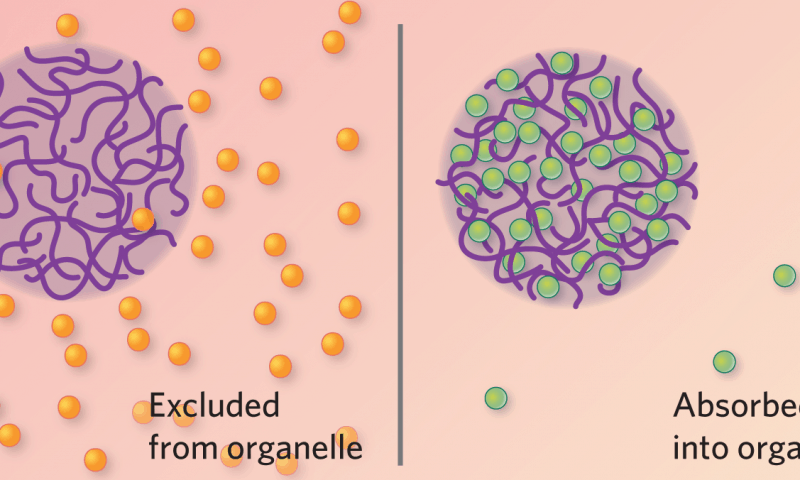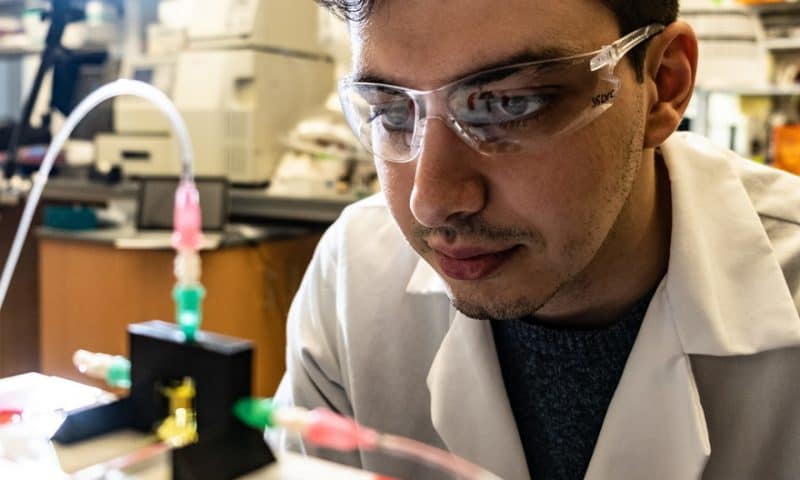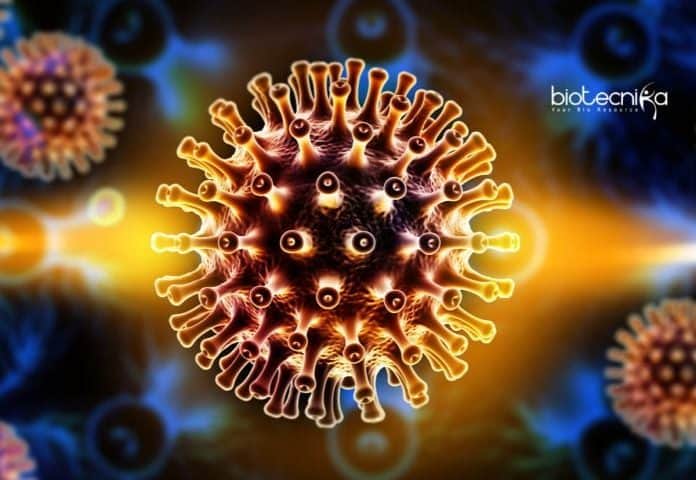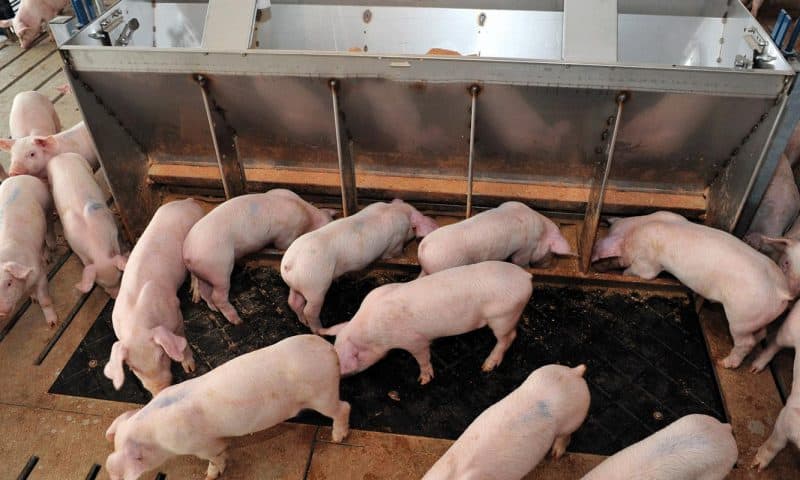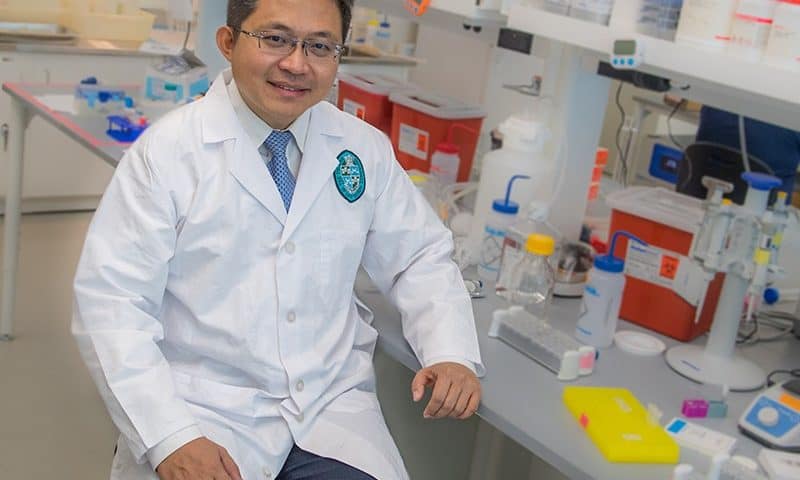New method to create ‘membraneless compartments’ lends insight into cellular processes
A new laboratory method allows researchers to create compartments within a liquid that, like drops of oil in water, are separate but have no physical barrier between them. The method could help researchers understand how human cells use similar “membraneless compartments” to segregate and concentrate components for important cellular processes, chemical reactions, or other biological functions.

